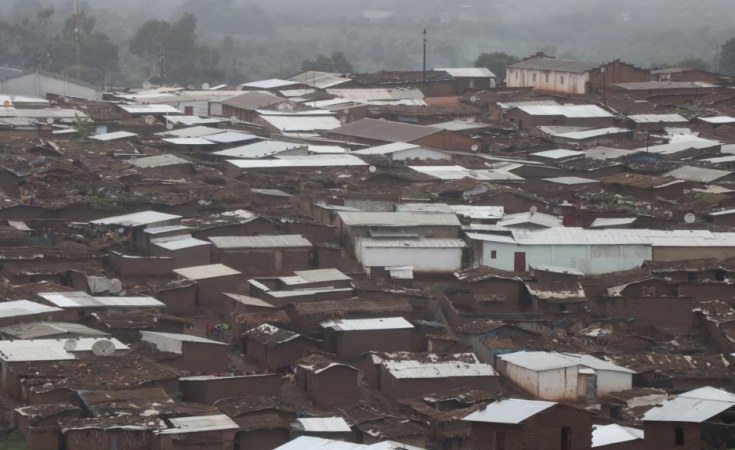Blantyre — The United Nations refugee agency has pledged its support of Malawi's move to resettle more than 50,000 refugees and asylum-seekers currently living at the overcrowded Dzaleka refugee camp in the central part of the country. Last week, Malawi's government announced it had secured a new site in the northern part of the country to help reduce the number refugees at the Dzaleka camp, which was originally designed to accommodate 12,000 people.
UNHCR Regional Director for Southern Africa Valentin Tapsoba pledged support of the move after meeting Malawi President Lazarus Chakwera, in the capital, Lilongwe.
According to a statement released after the meeting, Tapsoba said UNHCR welcomes the government of Malawi's commitment to improving living conditions and overall well-being of refugees living in the country by upgrading refugee settlements.
Malawi set up Dzaleka refugee camp in 1994 to accommodate about 12,000 people but now it is hosting more than 50,000 refugees from the Democratic Republic of Congo, Rwanda, Burundi, Somalia and Ethiopia.
Kenyi Emanuel Lukajo is the associate external relations and reporting officer for the UNHCR in Malawi. He says the government's relocation of about 8,000 refugees, who have been staying outside the camp, has strained the already scarce resources at the camp.
"Life is very difficult," said Lokajo. "There is not enough water, not enough shelter, even the children who are pulled out of school in the city are not able to enroll in schools because there are not enough slots. So, everything is not there, so we don't have the money to provide for an additional number of people that have been relocated."
Malawi started forcibly relocating refugees, who were illegally living across rural and urban areas of the country last month, after the expiration of the April 15 deadline the government set for voluntary relocation.
In a statement, the UNHCR says that to date, approximately 1,900 individuals have returned to the congested Dzaleka camp amid financial challenges the agency is facing in taking care of the refugees.
The U.N. refugee agency says that as of 1 June, it has only received 15 percent of the required $27.2 million to adequately support refugees and asylum-seekers in Malawi this year.
However, the Malawi government says it has acquired land for a new resettlement site for the refugees in Chitipa district, north of Malawi, to solve overcrowding problems facing the refugees there.
Ken Zikhale Ng'oma is the minister of homeland security in Malawi. He told a press conference last week that the new settlement will also help keep away potential criminals who enter Malawi under the pretext of being refugees and asylum keepers.
"Which is why we want to change the system now. We will close Dzaleka anytime," Ng'oma said. "And we will open up a new site in Chitipa where we want to make sure that anybody who enters Malawi should be examined before entering Malawi just as Americans do. No asylum seeker will get in and say 'I will apply inside' no. It is done at the gate. So, we want to borrow the American system."
The UNHCR says it stands ready to provide the necessary support toward the new site.
"If the government says they have found a new site, UNHCR has no objection to that as long as UNHCR is involved in the process and then we assess the site to ensure that the site has got enough water, is not prone to flooding and the site is not very close to the border," said Lokajo. "So if all the conditions are met, then UNHCR will not hesitate to support the process."
Malawi government authorities have assured to involve UNHCR in the site assessment process and collaborate to secure resources for the development of the new settlement.


